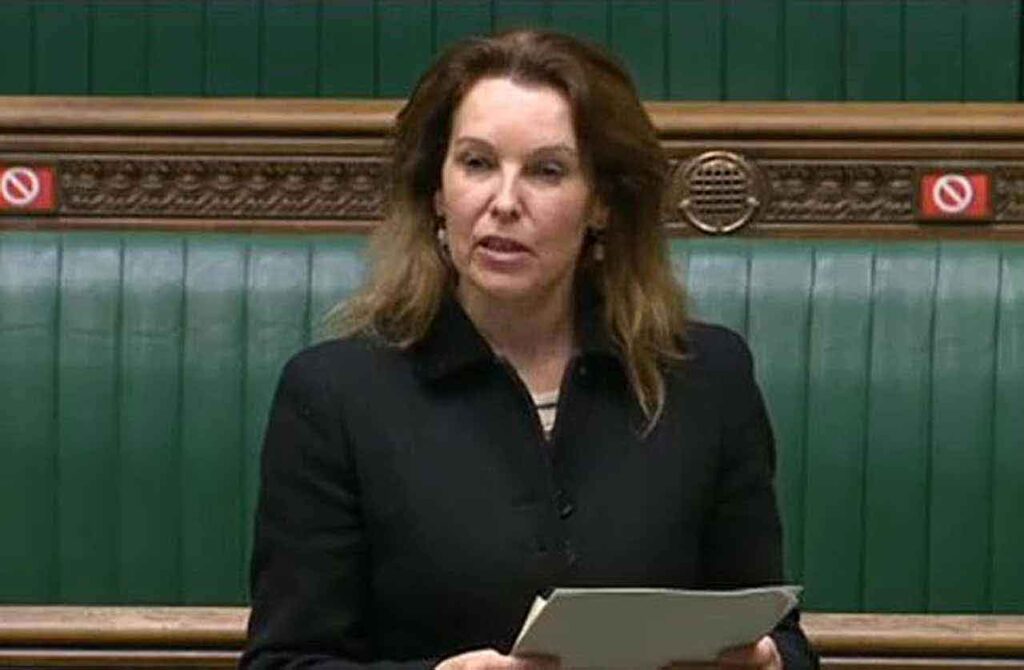Yesterday in Parliament Mrs Elphicke paid tribute to the brave RNLI volunteers and Border Force teams for their dedication to rescuing people at risk in the English Channel in difficult and exhausting conditions ahead of this week’s anniversary of the tragic drownings in the Channel.
Expressing condolences to the families affected, Natalie Elphicke MP repeated her call for a joint UK-France Channel security zone to save lives in the Channel and return boats to France to help to bring an end to the small boats crisis.
She once again underlined the dangerous and unnecessary nature of the crossings and called on migrant charities to do more to encourage refugees to claim asylum in the first safe country they come to, instead of undertaking dangerous journeys and ending up in the hands of ruthless people smugglers.
Natalie Elphicke MP said: “My thoughts today are with the families of those lost in last year’s tragic small boat drowning. My thanks go to all our brave RNLI volunteers, Coastguard and Border Force teams for their dedication to rescuing people at risk in the English Channel, often in exhausting and dangerous conditions.
“This tragedy underlines why the English Channel should be made a joint UK-France security zone under a new and comprehensive agreement with France to save lives and ensure that boats can be carefully and safely returned to France, helping to bring an end the small boats crisis.
“Every crossing attempt is a potential tragedy. In my constituency, many people are fearful that there will be further tragic loss of life this winter. The best way to avoid that is to keep people out of the dangerous inflatables and staying safe on land in France. I’m sure many refugee charities have the best interests of migrants at heart so I am calling on them to do more to encourage claims of refuge to be made in the first place of safety.
“No-one needs to cross the English Channel in an overcrowded inflatable dinghy. No-one should be paying criminal gangs involved in illegal immigration. There are safe and legal routes available to join family members, work and study. Thousands of people choose to take those legal options, and more needs to be done to encourage the use of legal routes and not dangerous and illegal crossings.”
